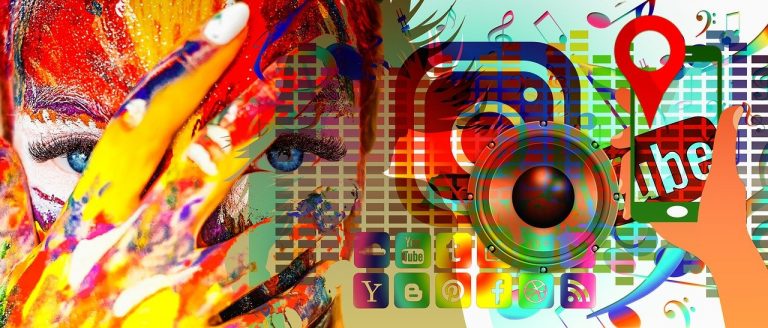
Impact of Social Media on Teens’ Mental Health in Latin America
06 January, 2022Social media is well known for its ability to influence people’s opinions, behaviors, and even emotional states. While a relatively new method of interpersonal communications within the broader scheme of things, social media has firmly entrenched itself in societies worldwide, including Latin American nations.
As its reach has extended and its potential negative effects have been further examined, the question of how far social media impacts mental health, particularly that of young people, has become a key area for discussion. Specifically, people working in this field are interested in the correlation between social media use and its significance in relation to factors including individuality, empathy, and other behavioral attributes of a similar nature.
There are arguments for and against social media use in teens. It is recognized that peer groups are of key importance to adolescents, providing essential social and emotional enrichment during the transition to adulthood. In addition, some studies suggest online connections with niche interest groups are beneficial to youth.
The flip side of the above is that non-supportive adolescent peer groups have the power to cause significant damage during an adolescent’s formative years, something that may occur offline or online. It should also be noted that not all niche interest groups promote healthy habits, as witnessed by the rise of “pro-ana” forums where members ‘help’ each other maintain their anorexia nervosa, or deal with relationship issues when they begin dating.
Indeed, many academic studies have also set out the links between social media and symptoms of depression, anxiety, and EDs in adolescents. Polls conducted by private companies and watchdog organizations report similar results. For example, in ExpressVPN’s study on Gen Z and social media use, which was completed in 2020, 86 percent of the respondents stated that their use of social platforms was related to their overall happiness, while 83 percent said it had a bearing on their levels of anxiety.
Despite the amount of evidence suggesting that social media use in teens has a largely negative effect, it is important to note that there are gaps in the research, a consequence that should be understood within the context of a rapidly changing social media landscape.
In addition, it is not easy to pinpoint whether, in some studies, survey respondents have prior mental health concerns or if other catalysts are at play. Adolescents may also be unreliable narrators when it comes to the subject of their own emotional and mental well-being.
However, the ensuing debate between mental health and social media use raises fundamental questions that remain indeterminable for the most part. These questions make for fruitful research subjects across numerous disciplines including communications, sociology, neuroscience, philosophy, and more.
Private and public organizations, universities, and governments have a vested interest in understanding and responding to social media’s impact on various population groups. Unicef, for instance, investigated the effects of social media on adolescent mental health in a Latin American context, specifically, through both quantitative and qualitative research across three nations: El Salvador, Chile, and Jamaica.
The full study, which can be found here, reveals much about teens’ use of social media, including the fact that some Latin American teens are spending up to five hours a day on platforms, which is considered heavy usage.
Yet on the question of how harmful social media is, the research somewhat straddles the divide between negative and positive effects overall. For instance, a key finding shows that “a large majority (76.7%) of adolescents in both countries use social media as a source of emotional support and to find out more about mental health.”
Follow Sounds and Colours: Facebook / Twitter / Instagram / Mixcloud / Soundcloud / Bandcamp
Subscribe to the Sounds and Colours Newsletter for regular updates, news and competitions bringing the best of Latin American culture direct to your Inbox.

